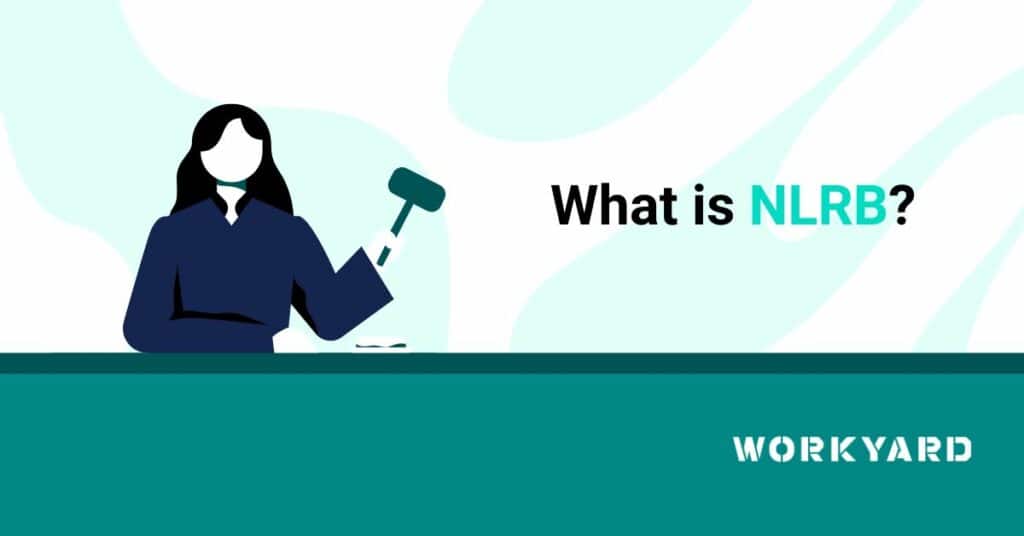The NLRB is an independent federal agency established by the National Labor Relations Act (NLRA) in 1935. Its primary mission is to enforce labor laws related to collective bargaining, organizing, and unfair labor practices.
Protecting Employee Rights
One of the key functions of the NLRB is to safeguard employees’ rights to engage in concerted activities for their mutual aid or protection. This includes the right to form, join, or assist labor unions, as well as the right to collectively bargain with employers.
Enforcing Labor Laws
The NLRB investigates and addresses unfair labor practices committed by employers or labor unions. These practices may include interference with employees’ rights, discrimination, retaliation, and failure to bargain in good faith.
Election Procedures
The NLRB oversees the process of conducting union representation elections, where employees vote to determine whether they want to be represented by a labor union for collective bargaining purposes.
Administrative Law Judges
The NLRB employs administrative law judges who preside over hearings involving alleged violations of labor laws. These judges hear evidence, make rulings, and issue decisions regarding unfair labor practice charges and representation disputes.
Appeals Process
Decisions made by administrative law judges can be appealed to the NLRB itself, and further appeals can be made to federal courts if necessary.
Educational Resources
The NLRB provides educational resources and guidance to employers, employees, and labor unions to help them understand their rights and obligations under the NLRA.
In summary, the National Labor Relations Board serves as a critical entity in upholding the rights of employees and employers in the United States. Through enforcement, adjudication, and education, the NLRB promotes fair labor practices and ensures a balanced relationship between workers and management in the workplace.

